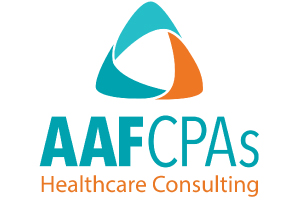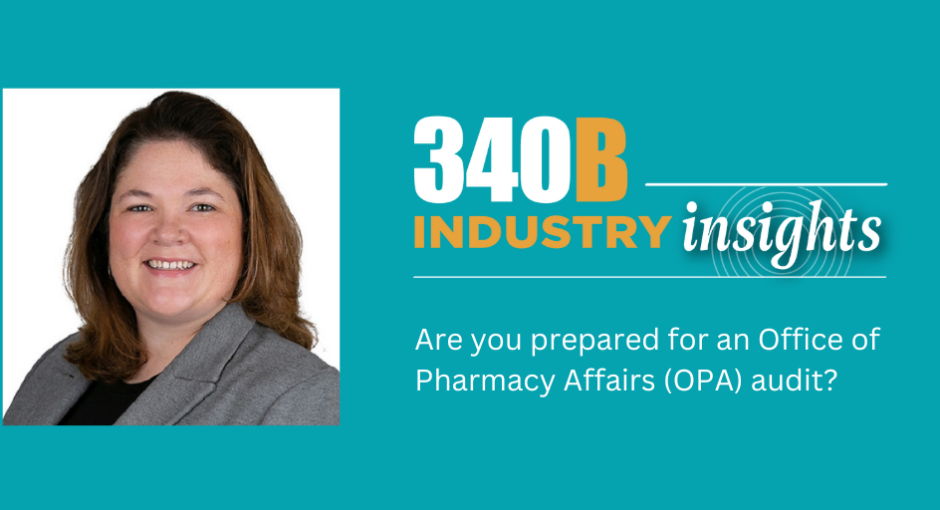SPONSORED CONTENT
All entities who participate in the 340B program are subject to an Office of Pharmacy Affairs (OPA) audit regardless of entity type, size or volume of transactions. For the last five years, HRSA’s OPA has been completing approximately 200 audits a year and as of May, 2024, 19 audits have been completed. Historically, the entity types at highest risk for audit were disproportionate share hospitals and critical access hospitals, but in the past few years there has been a shift to audit more non-hospital grantees such as Federally Qualified Health Centers, STD clinics, and even specialty clinics. No entity should consider themselves “safe” and all entities should be prepared to receive the dreaded OPA audit notice.
An OPA audit can last anywhere from 2 to 6 months and can include up to five separate phases. The burden is unwieldy – how do you prepare for every aspect of an OPA audit? We believe the answer is through building an educated team who designs and implements an environment which prioritizes compliance and integrity of the 340B program.
In our years of performing 340B audits, we have identified the minimum key behaviors and priorities of entities who receive a clean audit report (documented as “No Adverse Findings”):
- Annual staff trainings on the 340B program and compliance requirements (this includes pharmacy, program and finance staff).
- At minimum, quarterly reviews of published OPA audit results to summarize and address key areas of focus.
- Detailed policies and procedures updated regularly for changes in the entity, the 340B program, billing practices or the pharmacy structure.
- Minimum quarterly internal audits including detailed testing and documentation of results.
- An annual external audit from an independent source and the prioritization of follow-up on any findings.
- Constant monitoring and updating of the Office of Pharmacy Affairs Information System (OPAIS) for changes in the pharmacy structure, billing and program.
- Building a support network of similar organizations to share trends and best practices.
- Regular executive level review of key risk areas such as:
- Medicaid billing policies
- Physician administered drugs (inventory, tracking and dispensing)
- Materiality threshold for self-reporting
- Patient and provider definition changes
- Documentation of savings, and reasonableness of third-party fees (if applicable)
Don’t wait until a OPA audit notice is received to get prepared! At AAFCPAs, we work with you to collaborate on the implementation of processes to minimize risks and inefficiencies, and maximize integrity and savings, all with a focus on technology and reducing burden on your team. Learn more here.

Courtney McFarland, Partner at AAFCPAs, can be reached at cmcfarland@aafcpa.com.




